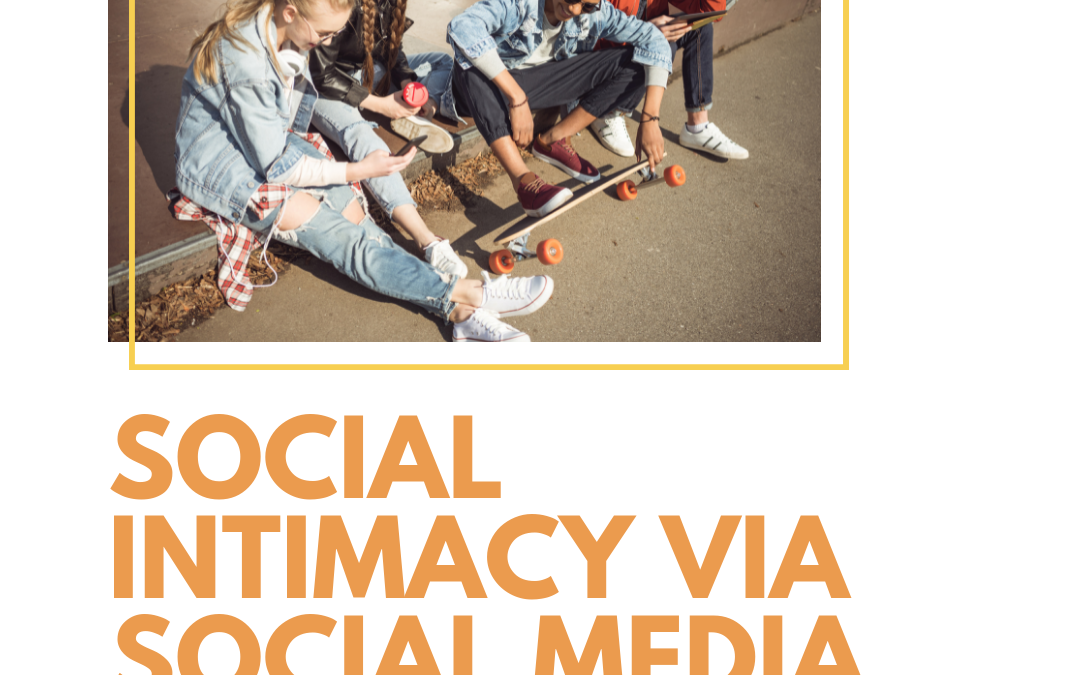For parents of rangatahi, this is a pertinent post to be reading. As this current generation grows up in a world of electronic connections, we are noticing an enormous social change. Our adolescents are more connected to each other than ever, adding even more pressure on our family unit.
Many parents are finding themselves increasingly out of touch with their rangatahi. From the relative safety of their bedrooms and classrooms, our rangatahi are becoming addicted. Not to drugs, cigarettes, and booze: to social media. It’s happening right under our noses and we don’t even realise. Social media, in the form of phones, Ipads, and laptops facilitate the very human need for social connection. They make it easier for our rangatahi to get their daily ‘fix.’
Your rangatahi’s brain is in a place of stretch and growth and, as all parents of teens will know, their friends are super important. Not just a little bit important, super important.
Teenage boys are wired to look for danger; an activity that doesn’t have a guaranteed ‘safe’ outcome. An activity that requires skill and commitment in order to be part of the winning team. If your rangatahi are male, they are susceptible to social media addiction, in the form of danger addiction: found in any online game, and especially a game that you play as a part of a team.
If your rangatahi are female, social media feeds their need for social approval. There are not many teenage girls who can tell you, hand-on-heart, that they don’t care about the number of engagements their posts get and the comments that are made. If they really didn’t care, they wouldn’t invest as much time and energy into deciding on the perfect selfie.
Where on a scale would your rangatahi put their relationships to you, to their siblings, to their friends, to their social media world?
Not so special …………………………………………Mmmm, okay I guess………………………………………………….. Super important/da bomb
Most of us won’t come out as high as we’d like to. Sitting at the super important end will be friends and devices. Parents and siblings will likely fall anywhere else along the scale depending on minute-by-minute changes in circumstances. Friends and devices will be mainly constant.
Addiction is an adaption. It’s not you, it’s your cage. And the cage we, and our rangatahi, are caught in is the cage of social media. Supposedly it’s a tool. And yes, it is useful. It’s also addictive.
Why does this matter? Once an addiction pattern has been laid down during adolescence, it remains for the rest of our lives. And as electronic addictions have soared, so too have the rates of anxiety and depression – information sourced from David Gillespie ‘Teen Brain’
Relationships are not things, they are ways of being. So what does it mean if our adolescents’ main relationships are occurring in the world of social media, and not the world of humans? It means they’re losing a human response. And instead, they’re becoming conditioned to an automated, semi-predictable response driven by a computer. And that makes being human, which is already hard, even harder for our kids. It’s no wonder the rates of teen anxiety and depression are rising so significantly.
Part of the issue of parents vs social media is also complicated by our children already being the experts. This generation of digital natives has social media skills far superior to ours, adding another layer of complexity into the already tricky teen years. We care about our kids. We want them to succeed in this digitally driven world, and yet, we also know that being human comes first.
Yes, somedays this feels too big. That’s ok. We’re human too. Now is the time to step up on our parenting, as tempting as throwing our hands up and walking away feels from time to time. Our rangatahi need us to parent them.
That means contracts.
And boundaries.
Not to mention rules.
And it means persistence. It means working with our kids to give them the support they need as they grow and learn to ‘do’ life. We are our kids’ first teachers, our place in their lives is far more influential than we’ll ever know. We owe it to them to steer them through adolescence with love, with support, and with good, old-fashioned, parenting.
Head over to the courses page for parenting coaching, tips, and support. Because every rangatahi needs and deserves a parent who can guide them through adolescence with love, kindness, and boundaries.

